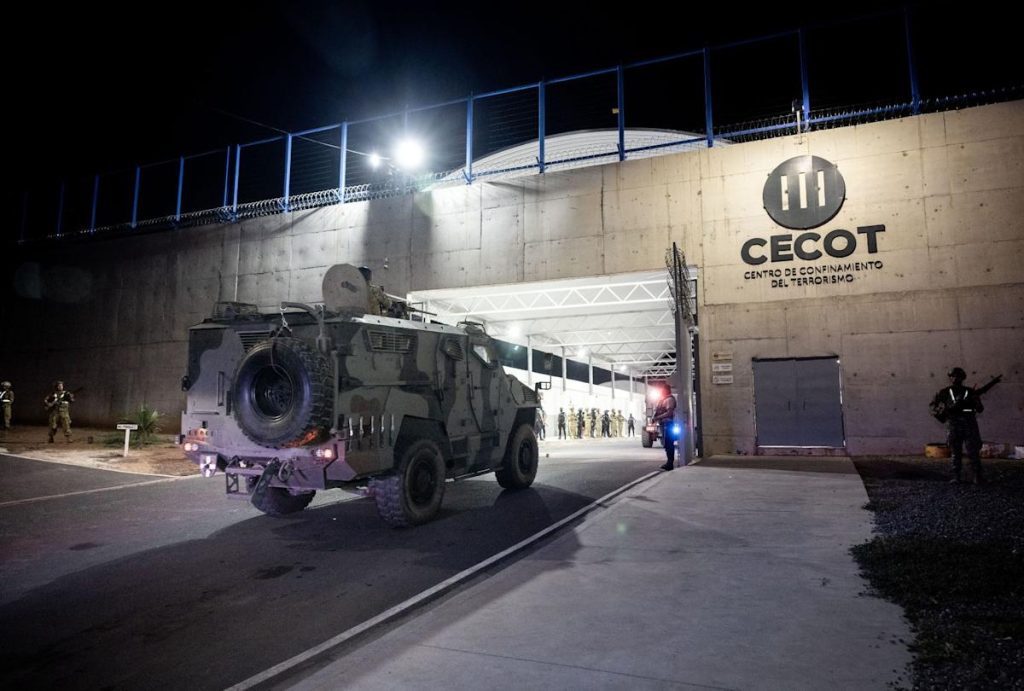Public Outcry Over Deportations of Venezuelan Immigrants
Following the Trump administration’s controversial decision to deport over 250 Venezuelan immigrants during the past weekend, El Salvador’s President Nayib Bukele shared a disturbing video on social media showing the migrants’ arrival at the Terrorism Confinement Center (CECOT) — a large prison that houses many gang members and has faced criticism for numerous alleged human rights violations. Advocates are alarmed that those deported without due process may already be experiencing abuse.
Concerns About Treatment of Deported Migrants
Adam Isacson, director of defense oversight at the Washington Office on Latin America, expressed deep concern, stating, “I strongly fear that they’re already being tortured, being mistreated, being screamed at, being forced to perform forced labor, being poorly fed or underfed.”
Video Documentation of Arrival at CECOT
The nearly three-minute clip shared by Bukele featured dramatic music and showed law enforcement officers dragging the shackled migrants from planes, while others showcased the procession to waiting buses. Upon their arrival at CECOT, the individuals had their heads shaved before being taken to a holding cell in a procedure marked by heavy-handed treatment.
Deportations and Allegations of Gang Links
The 260 Venezuelan immigrants are set to be imprisoned at CECOT for a minimum of one year, with Bukele noting that the Trump administration has allocated $6 million for their confinement. Although the Trump administration claims that the detainees have connections to the Venezuelan gang Tren de Aragua, family members of some deported individuals have vocally disputed these assertions. Declarations filed in court have stated that certain tattoos were misinterpreted as indicators of gang affiliation.
Human Rights Violations and Prison Conditions
Experts warn that the treatment shown in the video is typical for inmates at CECOT, a facility known for its inhumane conditions and previous reports of torture. Given the reported history of rights violations in Salvadoran prisons, human rights advocates worry about the fate of the deportees. Isacson argued that it is inappropriate for the U.S. government to fund a regime that flouts human rights standards.
The Broader Context of Bukele’s Policies
Bukele’s tough stance on gang violence since his election in 2019 has led to drastic measures, including a declared state of emergency and mass arrests of suspected gang members, contributing to an alarming rise in the prison population. Multiple reports highlight severe overcrowding and abuse within the prison system, with local human rights organizations documenting at least 349 deaths in prisons since the beginning of Bukele’s aggressive policy framework.
Legal Violations and Rights of Immigrants
The treatment of the deported Venezuelans raises significant legal questions, as they were removed under the Alien Enemies Act of 1798 without the chance to defend themselves in court. Immigration attorneys argue that many of these individuals did not have any prior criminal history and were already engaged in immigration proceedings, suggesting that their deportations lacked legitimate grounds. There are fears that such actions undermine legal due process and could set a dangerous precedent for immigrants’ rights moving forward.



